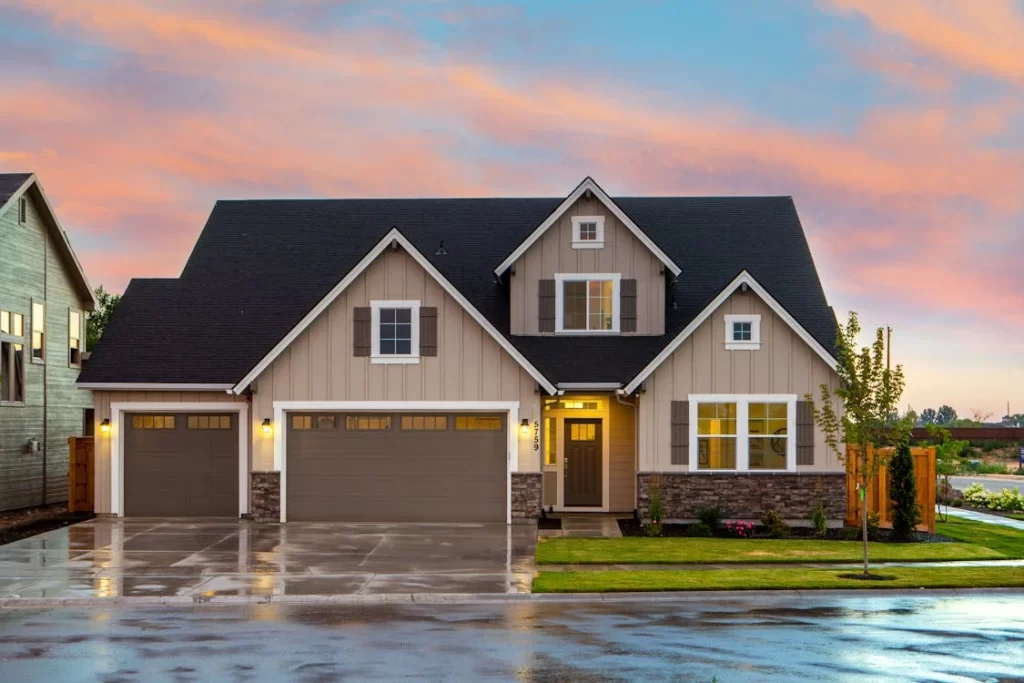There’s an idea pushed in Western culture that the perfect life follows a certain trajectory. You grow old, get married, have children, buy a big house, and work your way up through increasing responsibility and a hopefully matched pay packet. While this can represent perfection for some, for others this approach might reflect the opposite of what they want.
Today, we want to focus on the house aspect of this equation, where moving into a smaller home can provide real advantages that larger homes can’t. Looking at how this can be accomplished and what you need to keep in mind, let’s explore what a more compact home can offer.
Benefits of a Smaller Home
The bigger a home is, the more it costs. This simple fact is multiplied when looking at places in the city, where finding a larger home can necessitate adopting a long commute from the far-out fringes to and from work or entertainment. A smaller home can provide much more convenient access to the important things at a fraction of the cost of a large home, which can save on what GOV.UK notes as an average of a 63-minute rail commute.
A smaller house also means lower operating costs for heating and electricity. British Gas reports that larger homes average around twice the heating costs of small homes, which is matched by ongoing electrical bills. Additionally, smaller homes will be easier to retrofit with newer technology like fibre internet, thanks to less required wiring.
Smaller homes can also create a more intimate environment for living groups to share. Whether you’re a couple or a larger family or friend group, having a large home can serve to separate, whereas a smaller home will foster a more communal approach to living.
What to Keep in Mind
Before making the move into a smaller home, like any other move, you need to be prepared for what it entails. This starts with securing the proper funding, which can be a slow and stressful process through traditional means. Modern options like Sold can help expedite and streamline the sales process, with no hidden fees and the ability to sell in your own timeframe. This approach has the potential to make you much more secure in your options before you finalise your smaller home.
A smaller home, for all of its benefits, can also introduce complications. Less space means you might need to sell or store some of your old things, and it also means you’ll have less room to escape others if you need your own time and space. For these reasons, it’s not a move you should jump into without first at least running some types of tests.
For the right people, a move into a smaller home can offer a vastly superior living situation than aiming big. It won’t be the right for everyone but don’t feel you need to be locked into the traditional if you require something a little different. There’s always time for a chance further down the road, but for now, isn’t it best to live the way you want?
Read More: click here


